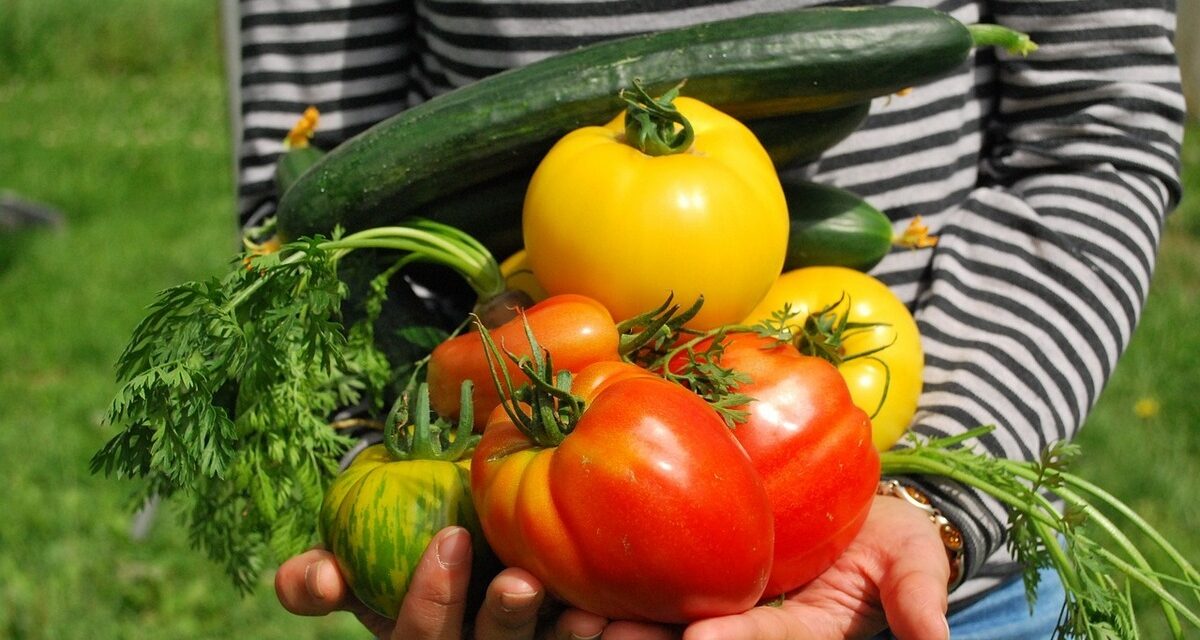We leave too much of a carbon footprint when we grow vegetables at home in the garden - at least according to some researchers and the World Economic Forum (WEF).
The carbon footprint of home-grown food is destroying the planet, according to a study by the World Economic Forum (WEF), which is why the organization is now demanding that
Governments should ban people from growing vegetables and fruits in their own gardens to "save the planet from global warming"
– draws attention to the news portal Slay News, which was observed by the V4na.com .
Research has shown that garden-to-table practices have a much larger carbon footprint than traditional agricultural practices such as rural farms.
The research results of the WEF-funded scientists at the University of Michigan were published in the journal Nature Cities.
The study looked at different types of urban farms to find out how much carbon dioxide (CO2) is produced during food production.
According to the study, an average serving of food from conventional farms produces 0.07 kilograms (kg) of CO2. However, the WEF-funded researchers claim that the environmental impact for individual urban gardens is almost five times greater, at 0.34kg/portion, compared to 0.34kg for urban gardens. The study included 73 urban agricultural sites from around the world and classified urban agricultural sites into three categories: private or family gardens, including small plots; collective gardens, such as community gardens; and larger commercial urban farms.
The study's lead author, Jake Hawes, said:
"The most significant contributor to the carbon dioxide emissions of the urban agricultural areas we examined was the infrastructure used to grow food, from raised beds to garden sheds to roads, a lot of carbon dioxide was invested in the construction of these structures," he explained.
The researchers also found other factors they say are "hazardous" to the climate for kitchen gardens, such as poorly managed compost.
Moreover, according to their data, two-thirds of the "carbon footprint" of gardens is created by the garden itself.
According to the researchers, growing indoor plants at home is not environmentally friendly either.
As they said, carbon dioxide emissions from crop trucks, plastic pots and synthetic fertilizers all contribute to global warming.
Photo: Illustration / Photo: jf-gabnor / Pixabay













